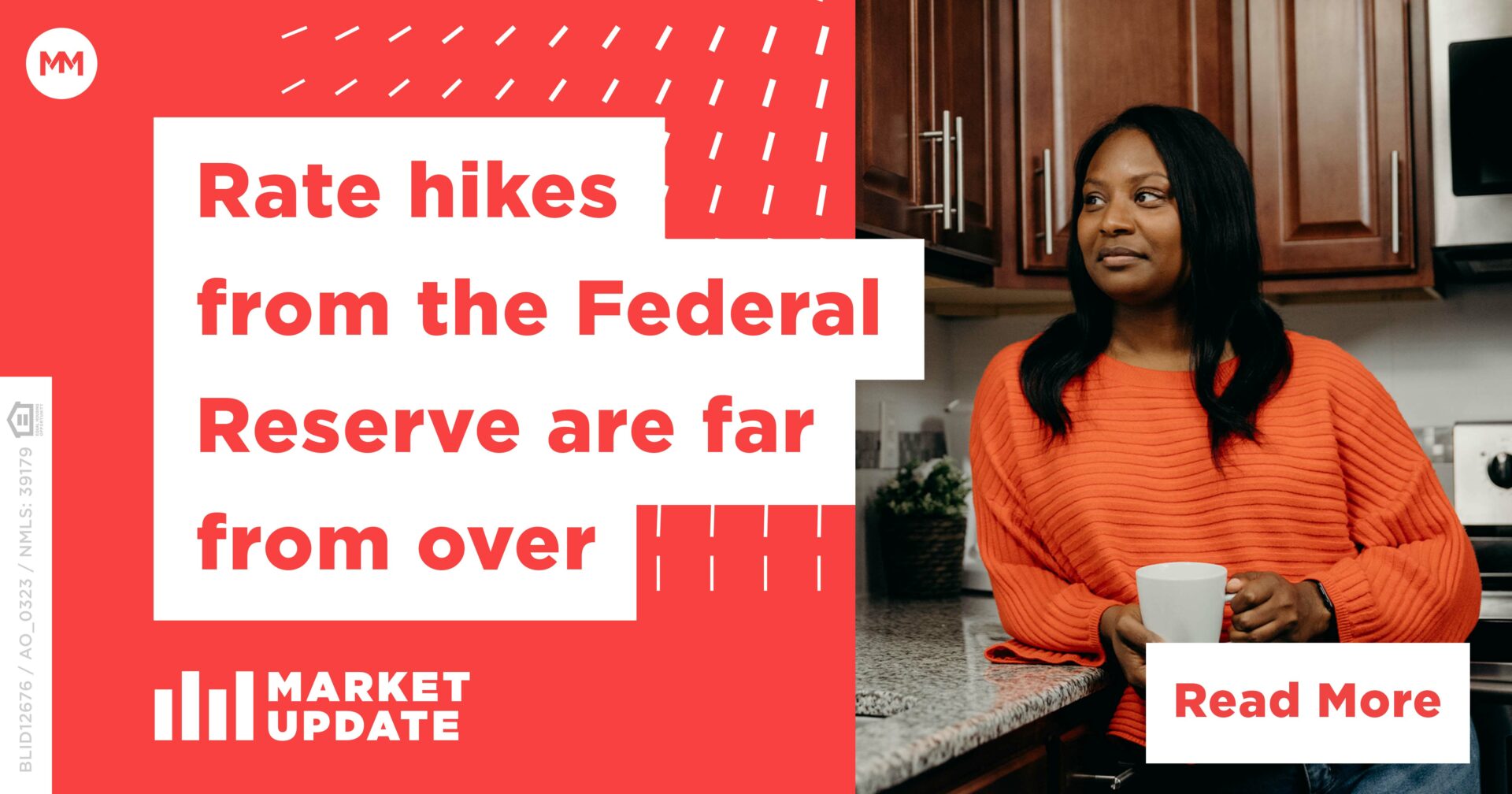This previous week Fed Chairman Jerome Powell testified in a Home Monetary Companies listening to to debate present financial coverage and set forth a brand new path for 2023—increased rates of interest for an extended time period.
“The most recent financial knowledge have are available stronger than anticipated, which means that the last word stage of rates of interest is prone to be increased than beforehand anticipated,” mentioned Powell. “If the totality of the information have been to point that sooner tightening is warranted, we’d be ready to extend the tempo of price hikes.”
Initially, buyers have been ready for a 25-basis level hike on the Federal Open Market Committee’s assembly March 15-16. Now, they’re pricing in a 50-basis level hike. Powell’s feedback additionally modified the consensus for simply how excessive the FOMC plans to take the federal funds price. The assumption now could be that the Fed will improve charges not less than two extra instances and probably cease within the 5.25% vary. Only a 12 months in the past, March 2022, the federal funds price stood at 0%.

One other sturdy jobs report will doubtless gas the Fed’s hawkish hearth within the coming months. The Bureau of Labor Statistics confirmed whole nonfarm payroll employment rose by 311,000 in February with the unemployment price edging up barely from 3.4% to three.6%. Economists had predicted payroll development of 225,000, placing the report properly above expectations. Wages additionally elevated by 0.2% month-over-month placing common hourly earnings at $33.09. Over the previous 12 months, common hourly earnings have elevated by 4.6%.
A market selloff started after Powell’s feedback with the Dow closing 570 factors decrease and the 2-year Treasury word yield reached its highest stage since 2007, topping 5%. The ten-year word yield briefly hit 4% earlier than settling again in round 3.9%. The ten- and 2-year notes have been inverted since June 2022 and the unfold between the 2 yields has remained huge.
Because the 10-year yield continues its climb, mortgage charges are following swimsuit. Freddie Mac’s 30-year fastened price mortgage common moved as much as 6.73% for the week ending March 9. That could be a almost 70-basis level improve from the start of February which marked the low to start out the 12 months.
Freddie Mac’s analysts lament the inflation problem, writing “Mortgage charges proceed their upward trajectory because the Federal Reserve alerts a extra aggressive stance on financial coverage. General, shoppers are spending in sectors that aren’t rate of interest delicate, reminiscent of journey and eating out. Nevertheless, rate-sensitive sectors, reminiscent of housing, proceed to be adversely affected. Because of this, would-be homebuyers proceed to face the compounding challenges of affordability and low stock.”
